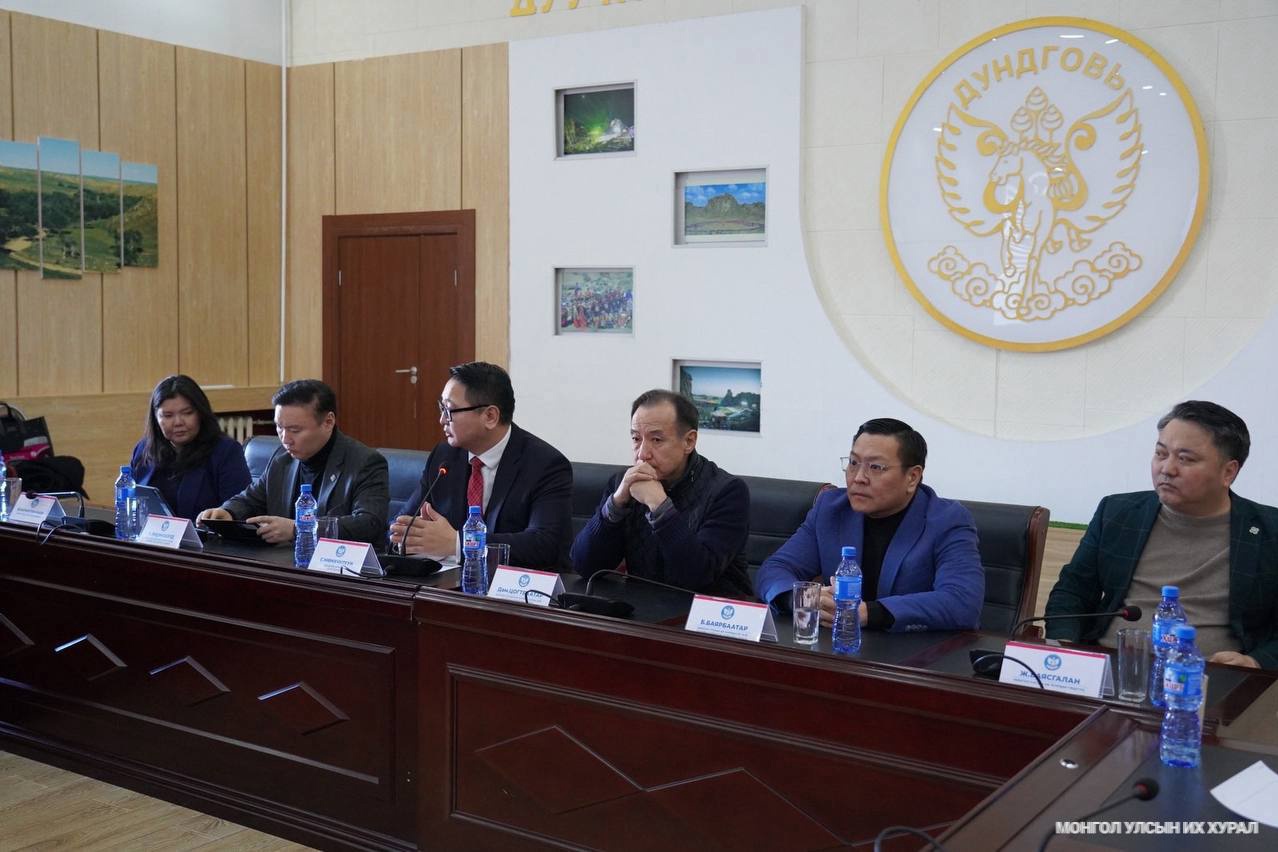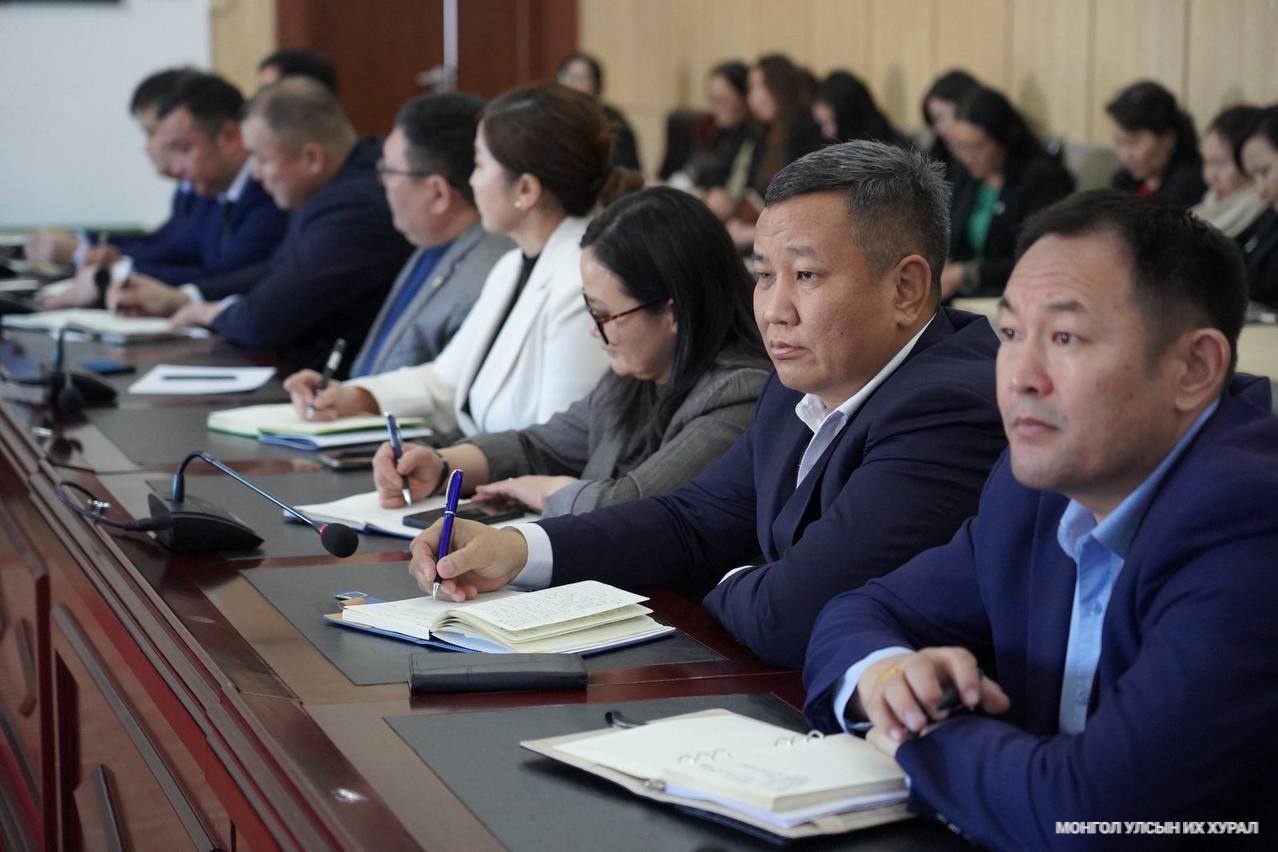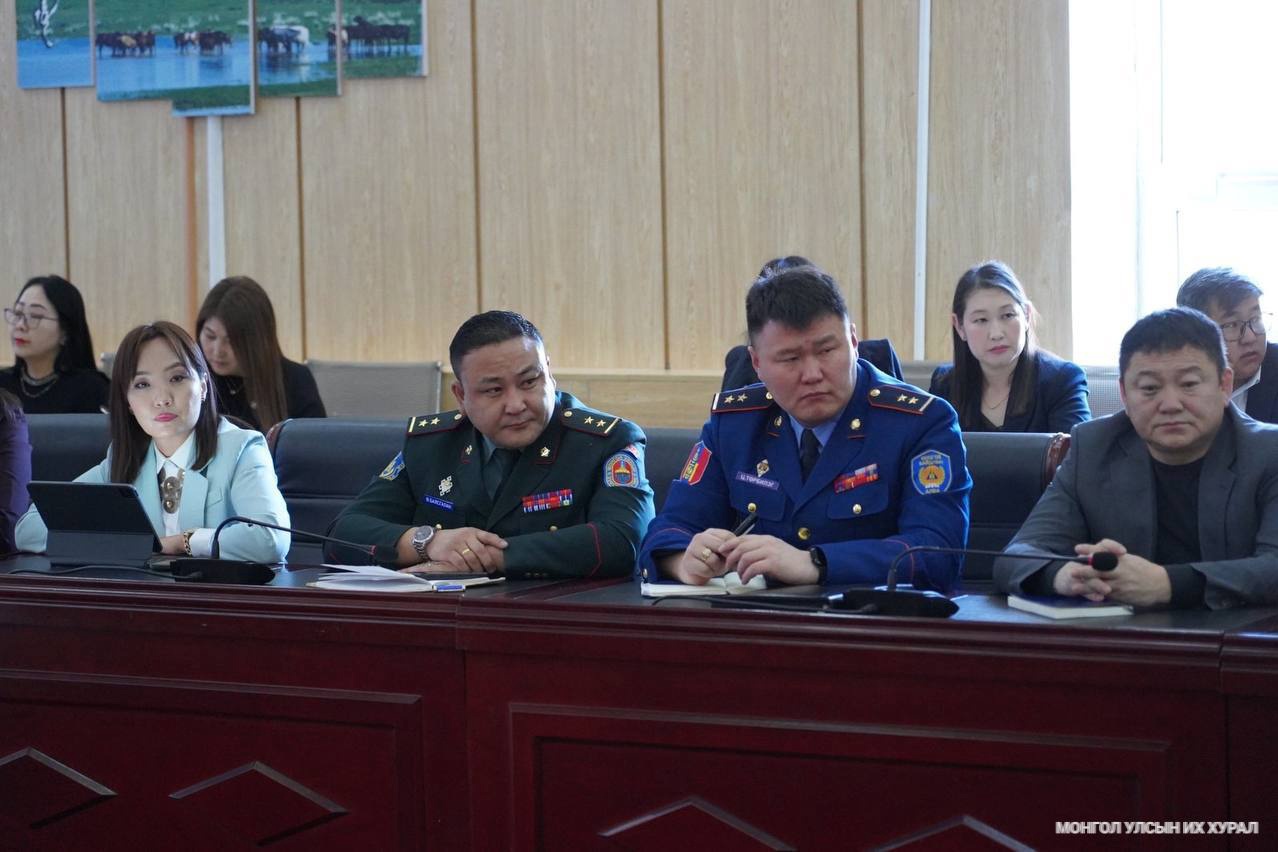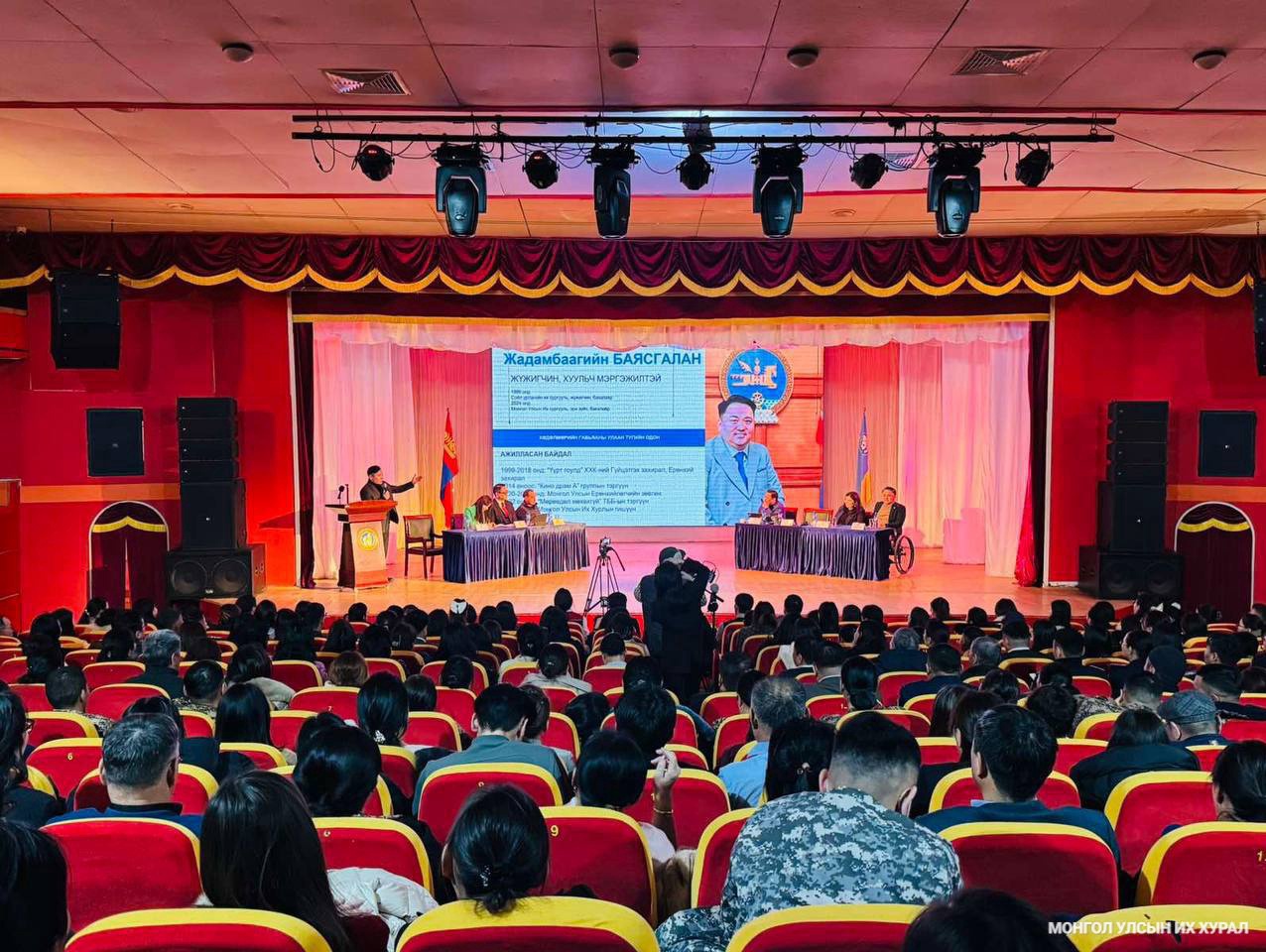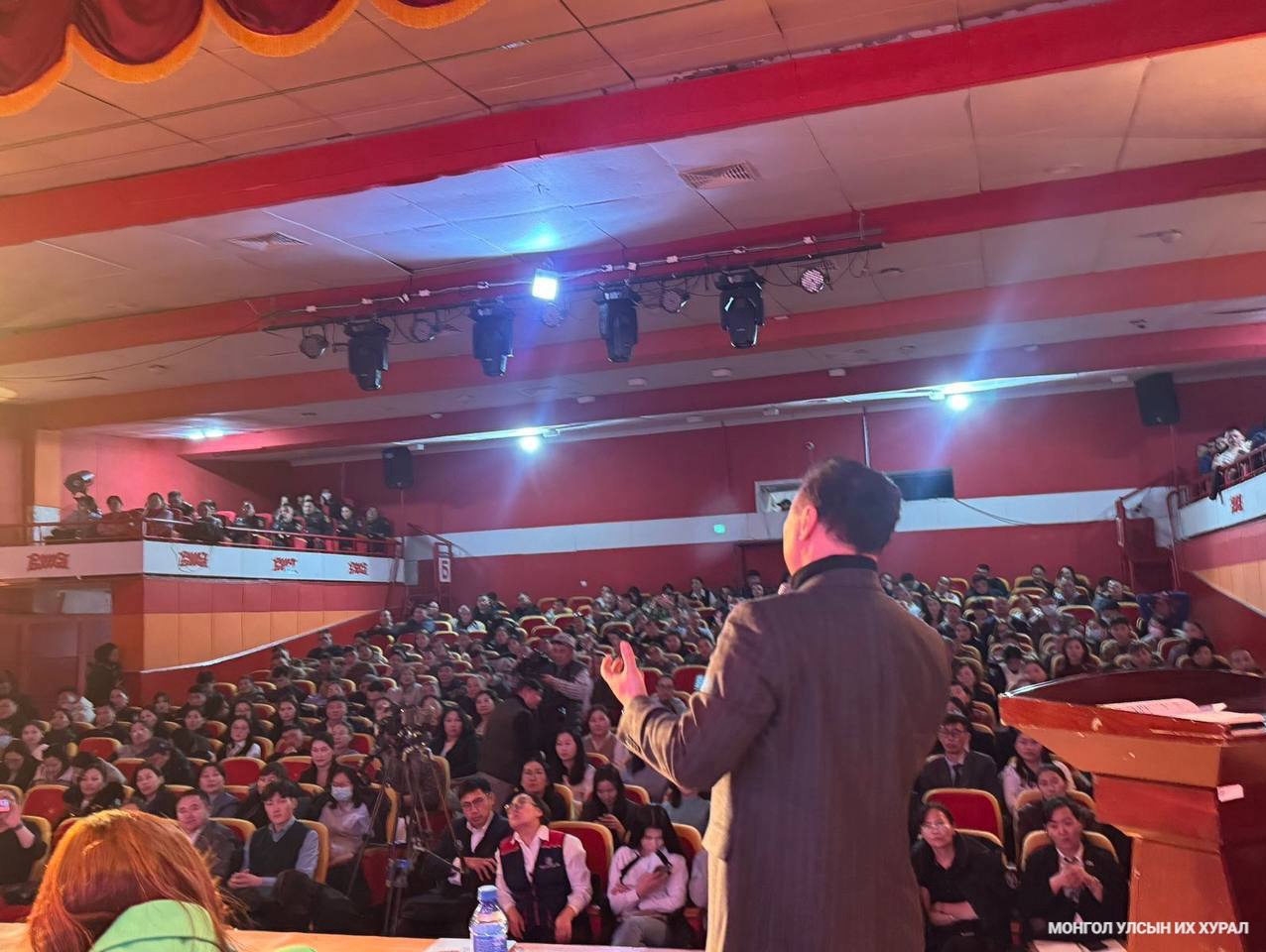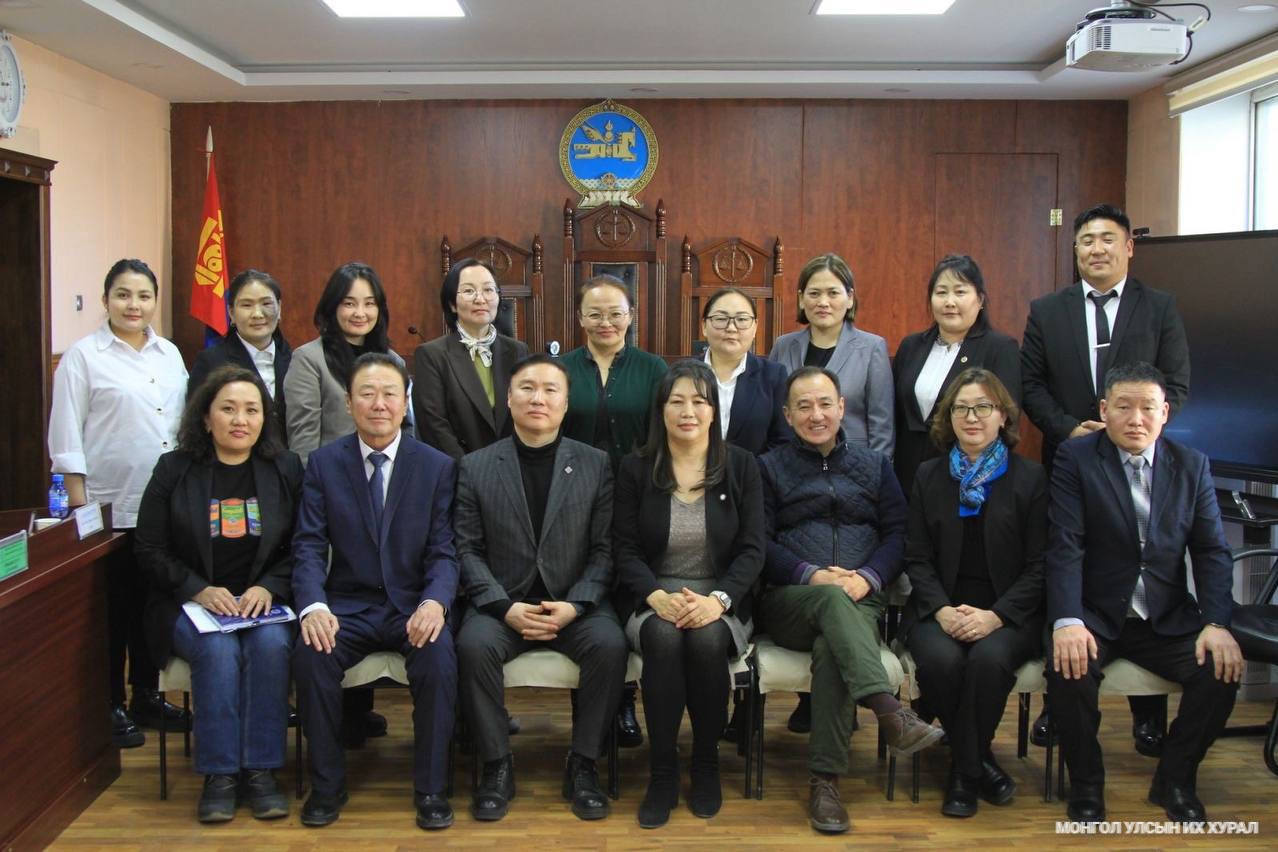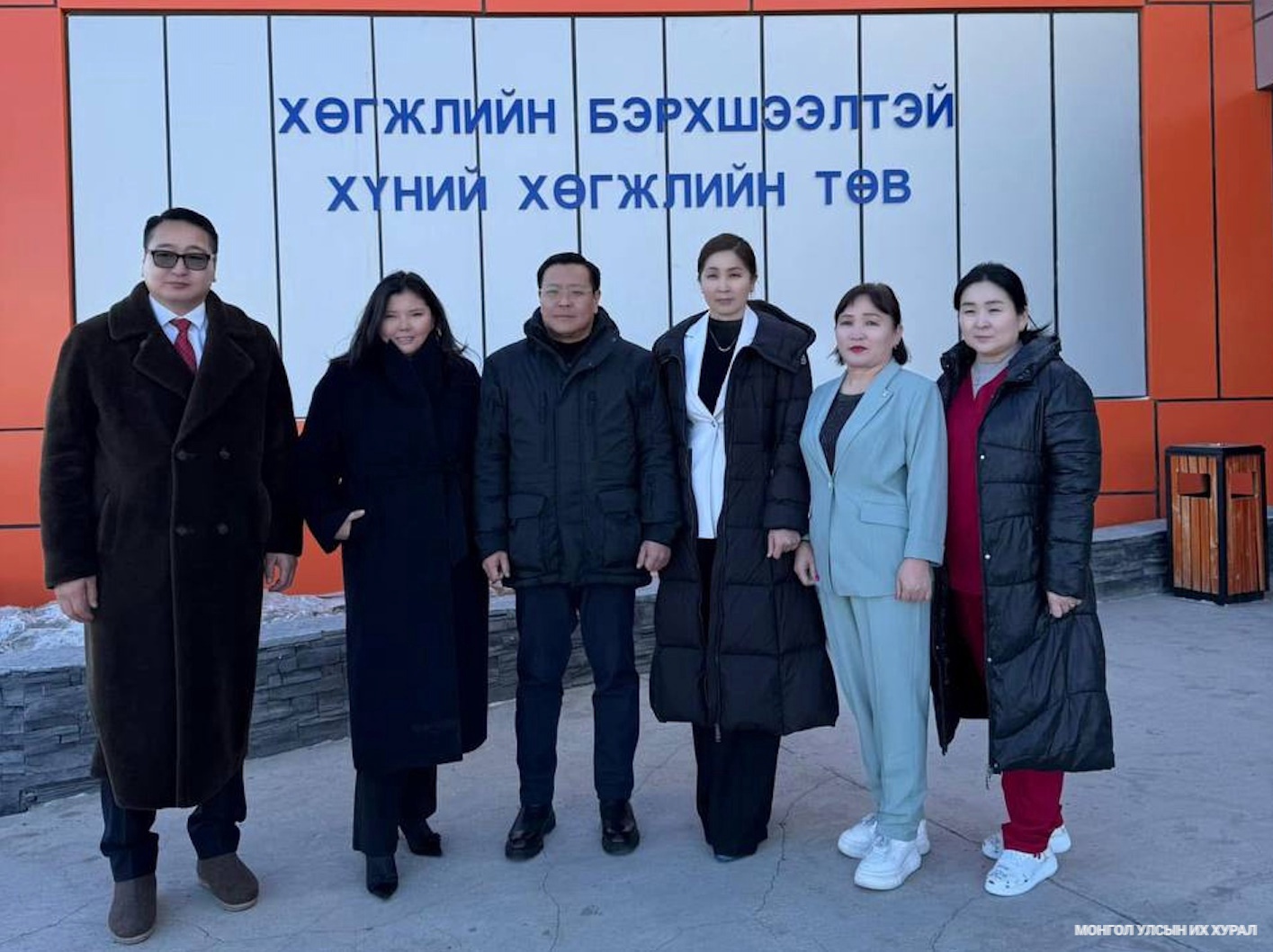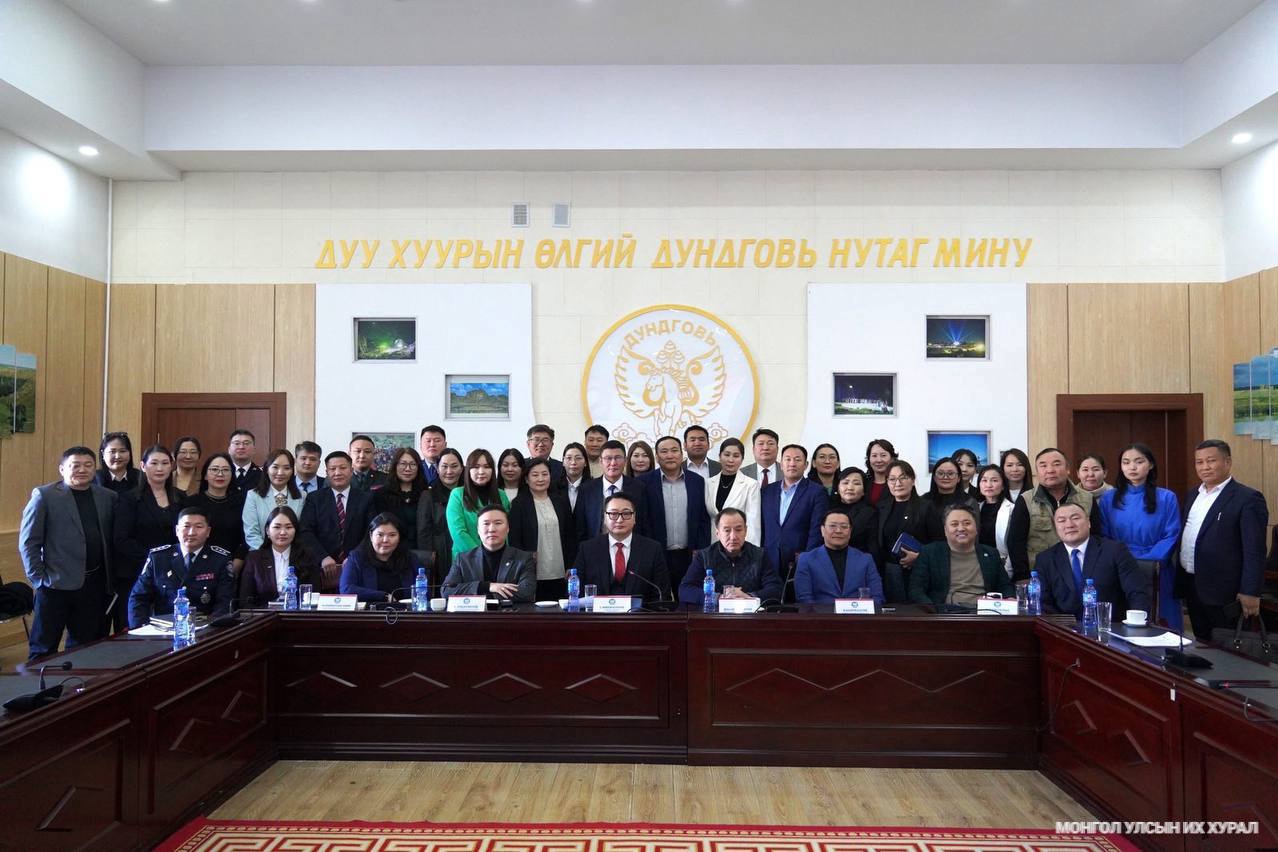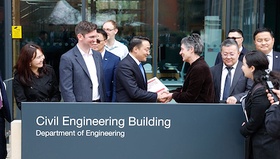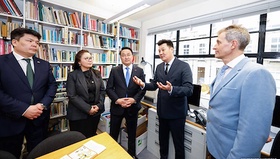Chair of the Standing Committee on Justice D. Tsogtbaatar, Chair of the Standing Committee on Ethics and Parliamentary Procedures B. Bayarbaatar, Chair of the Subcommittee on Human Rights S. Erdenebold, along with MPs J. Bayasgalan and M. Nara-Narantuya, visited Dundgovi province to meet with civil servants from the Governor’s Office and assess the local human rights situation and the implementation of laws.
During the meeting, Governor S. Munkhchuluun provided an overview of Dundgovi province, noting that its population of 46,000 does not meet the 100,000-person threshold required to qualify for certain nationwide policies and development programs. He stressed the need for significant legal reforms to address this issue. He also pointed out staff shortages in public service positions, emphasizing that many vacancies remain unfilled due to candidates not meeting legal qualifications or professional codes, which affects the delivery of public services. He suggested that recruitment criteria for civil servants should be more flexible in sparsely populated areas to ensure efficient public service.
Speaking at the meeting, Standing Committee on Justice Chair D. Tsogtbaatar acknowledged Dundgovi as a cultural hub of Mongolia’s nomadic heritage, recognizing its contribution to preserving national history and traditions. He emphasized that public servants must adopt a people-centered and human rights-sensitive approach when making policy decisions.
Standing Committee on Ethics and Parliamentary Procedures Chair B. Bayarbaatar discussed ethics in public service, stating that fostering a culture of integrity and respect for citizens should begin with the conduct of civil servants. He also pledged support for the province’s ethics subcommittee through training and capacity-building initiatives.
Subcommittee on Human Rights Chair S. Erdenebold introduced the draft of the Second National Human Rights Program, highlighting that Dundgovi is the first province where public consultations on the program are being held. He expressed confidence that the province could become a model for human rights-focused public service leadership.
The parliamentary delegation also visited the provincial court, the Center for Persons with Disabilities, and the Prosecutor’s Office to assess their operations and the state of human rights and legal enforcement.
Following meetings with government officials, the MPs held a public forum with local residents to introduce the Second National Human Rights Program and gather community feedback.

 Eng
Eng  Монгол
Монгол